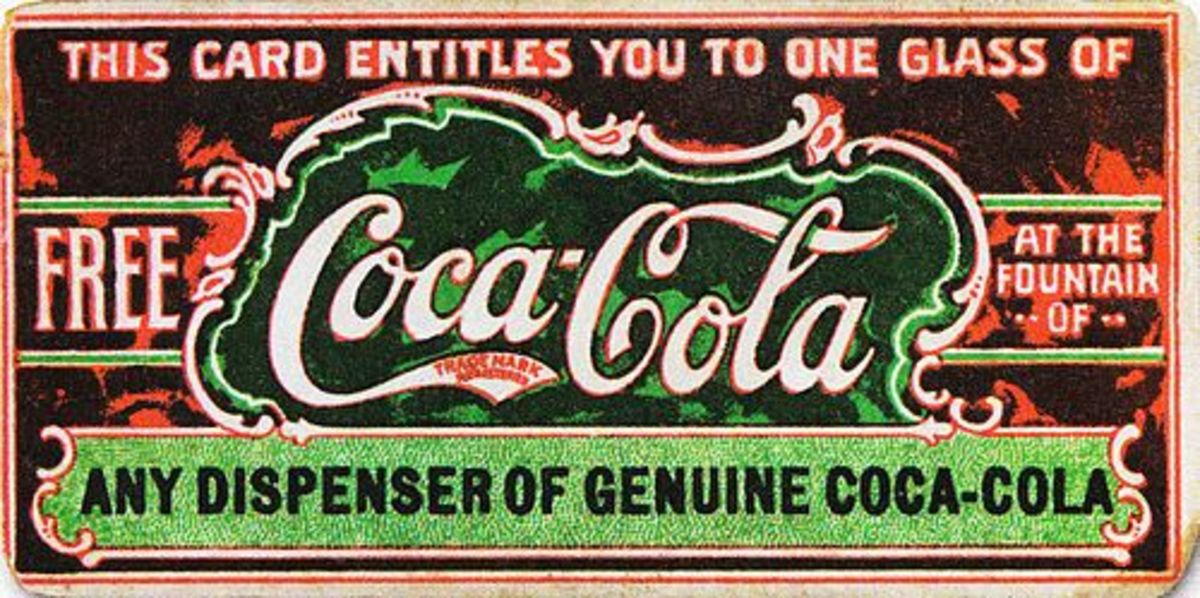Emergency Fund: How Much, Where to Keep It, How to Maintain It

What is an Emergency Fund
According to Investopediaan Emergency Fund is, "An account that is used to set aside funds to be used in an emergency, such as the loss of a job, an illness or a major expense."
This may seem like a very simplistic definition, but there are many things in life that are simple yet hard to carry out. Many of us struggle to have money laying around because we always have needs, wants, and desires that need to be met. When we have money sitting around we can easily find excuse to use our emergency fund to pay for these things we desire.
But an emergency funds is just that "funds" set aside for an "emergency." Most financial advisers suggest three to six months of living expenses set aside. When we say "set aside" it means that we fully intend to NEVER use this money except for an emergency.
An emergency is not needing pizza on a hectic day. An emergency is just that, an emergency. Below are some examples of emergencies:
- Medical emergency that requires a large co-payment
- You car suddenly drops the transmission and you are left without transportation
- Your laid off and need to make your house payment
An emergency is something that you didn't plan for, that came on your suddenly, and could cause you financial hardship especially if you used credit to satisfy the need.
How Much Is Enough?
The proper size of a persons emergency fund is going to depend up the life off the individual. But the key is "your" ability to handle a life crisis. What can realistically happen in life?
- Lose a job due to layoff, company closure, disability, injury
- Inability to work due to medical condition including accidents
- Major family issue including lose of a loved one, divorce, or other issue that prevents you from effectively handling your work
- Lose due to fire, theft, or natural disaster
I'm sure I have not hit every possibility but the ones that I have listed are very common. Millions of Americans are facing such issues and when one faces serious conditions like these the last thing you want to have to deal with are financial worries such as the ability to keep your home. Therefore, the goal is three to six months of expenses.
Let's say, for example, that you make $5,000.00 per month. The goal is NOT $15,000 to $30,000. Your income really doesn't have any bearing on the amount of your emergency fund. Let's say that you are basically debt free except for your house payment of $800 and a car payment of $350. In addition to this you spend an average of $500 on gasoline, $150 on utilities. Your total living expenses would be $1,800.00. Therefore, your emergency fund should be $5,400 to $10,800.00. You want to be able to support yourself without pressure for three to six months in the event of a total income loss.
What would you do if your numbers were not like the above. But instead you are living paycheck to paycheck or maybe even going negative every month? In that case, you want to do whatever possible to get $1,000.00 set aside so that you don't have to borrow in the event of a smaller emergency. You can do this by selling stuff you don't need or taking on a part time job. The key is you have to get something set aside so that you have something to draw on in the event something unplanned pops up.
Where Do You Keep Your Emergency Fund
This is kind of a tricky question because it is going to depend on your personality. There is basically two points that you want to keep in mind:
- This money must be liquid and easy to access
- This money must be kept out of reach so that you don't frivolously use it
For some disciplined people a savings account works. Many people recommend a Money Market Account which is a little more difficult to access in that they typically have a minimum withdrawal amount. Both of these, at the time of this writing, are paying nothing in the terms of interest, so what you make off the money is basically nil. The idea behind the emergency fund is that it is not an investment so don't look at it from the standpoint of what type return you can get on it. You do not want to lock this money up. It needs to be accessible immediately upon need.
Since it is an emergency fund, I think there is another type of emergency that many do not plan for and that is an emergency bank holiday. What is an emergency bank holiday? It is when the Federal Government feels that there will be a run on banks and shuts down the banks for a period of time. Think about this for a moment. If something ever happened where the banking system of the United States was not available, what would you do? Therefore, another possible emergency within your emergency fund is the ability to access your cash no matter what. How do you do this?
One possible solution is keeping cash in a quality safe within your home. Obviously, you wouldn't want anyone to know you have done this. I am comfortable writing about this because I have the means to keep some cash in a separate location from my home. Many don't have an alternative place so they would have to keep within their house. If you opt for this make sure you can secure your safe to the floor or that you purchase a large enough safe that someone can't just walk off with it. There are people who can carry 200+ pounds down the street!
What Do I Do Once I Have My Emergency Fund
Having an emergency fund out of reach does something to you psychologically. There's a confidence that comes that you can't imagine. Once you have it you just want to keep it. You may need to adjust the amount of it from time to time should your expenses go up, but just leave it there and let it keep you safe.
You will be amazed how that when you get an emergency fund you seem to not have so many emergencies. You have a tendency to keep your financial life in better condition when you discipline yourself in this manner.
If you don't have one now, why not start today building this safety net?








